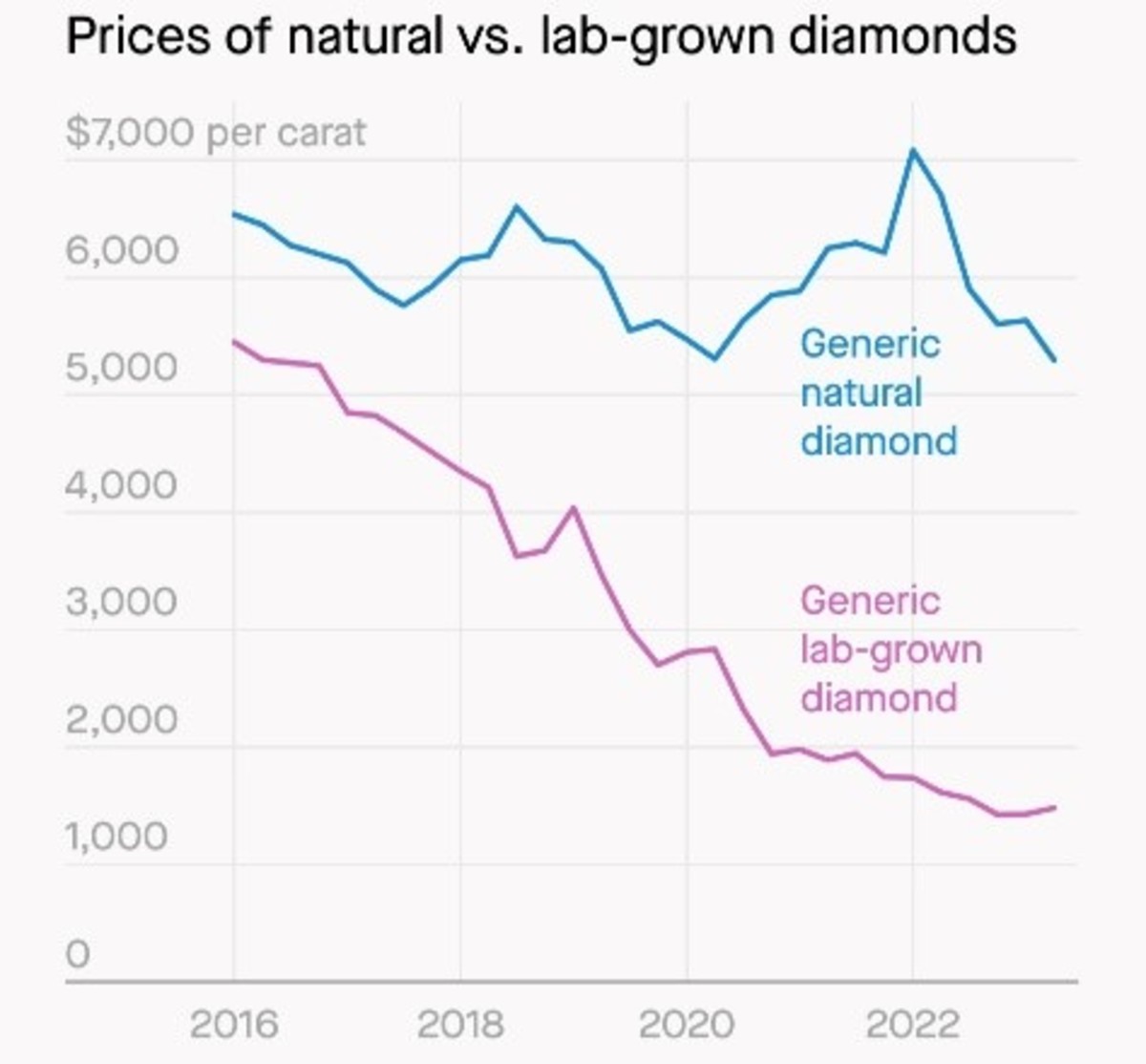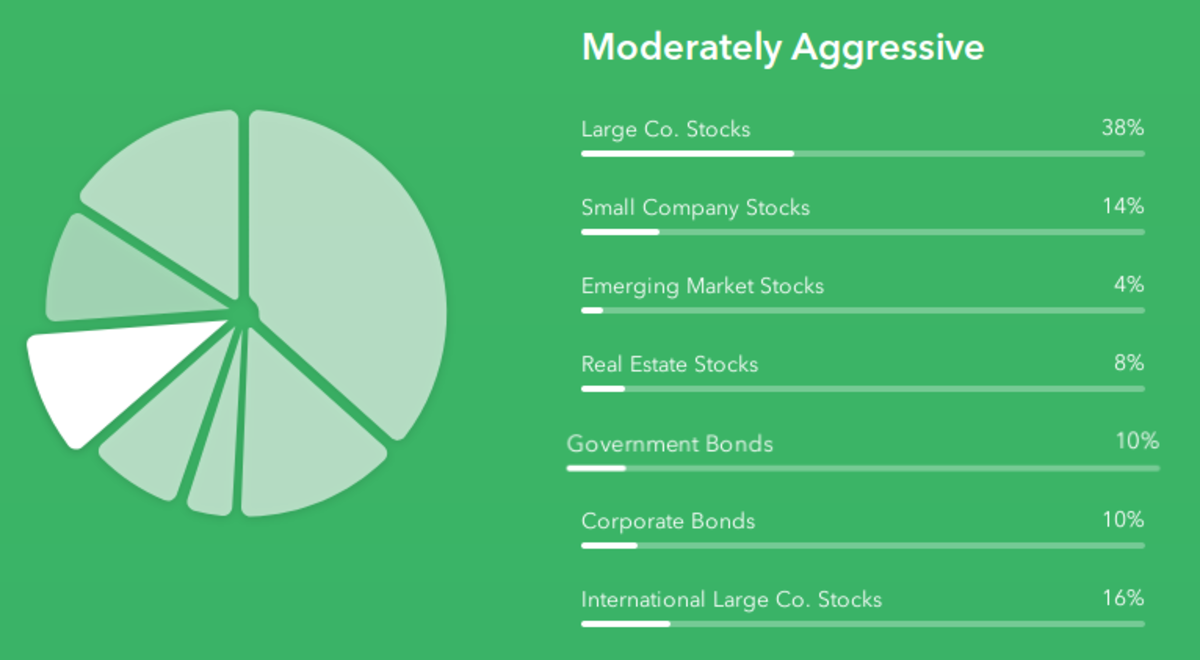Tax Planning for Stock Traders

Planning Your Stock Trades
There are many who like to trade the markets. Millions of dollars are spent on trading programs each year, monthly subscription services, along with various publications. A lot of money can be made in the markets if you know what you are doing, and conversely a lot of money can be lost in the market. But how does the profits and losses affect your taxes?
Most people don't put much thought into their trading activities other than wanting to buy and sell some equities and hopefully gain from the exchange, but how you set up your trading can benefit you greatly if you know what you are doing.
- Creating Cashflow with Naked Puts
Want to create cash flow? Naked Puts just might be the answer for those who like to trade paper (stocks, equities, etc), Options are a marvelous beast when you learn how to properly use them. Utilizing...
The Most Common Way People Trade
Most people simply open a brokerage account that will handle the type of trading they are interested in. They fund the account and then start trading. If everything goes as plan they will have some profits which are considered Capital Gains.
Capital gains tax is designed to encourage people to invest for longer terms. I will provide a link below to a site where you can figure out capital gains taxes should you need to. Currently the Capital Gains Tax is 28% for gains held less than a year and 15% for gains that were held over a year. This is a significant difference. This means that most traders are paying a very high rate on their profits.
What is the scenario that one has to deal with when it comes time to file your taxes. You will list out your trades and come out with a final total that will be considered the capital gain or loss. Let's assume for a moment that you have a gain. This will show up on a Schedule D in your tax return. In order to make this gain you very well may have had some expenses such as a seminar you went to, a training program, books, subscriptions, etc. These items will be totaled on your Schedule A, a completely separate form.
You may or may not qualify to file a Schedule A. This is the form that your mortgage interest, medical expenses, property tax, and charitable giving is reported on. If the total of your Schedule A deductions do not exceed the Standard Deduction already given to you then you won't be using this schedule. That means you will not be able to lower your tax liability from your trading with the expenses you used to gain the knowledge to trade.
Let's assume that you are buying your home, give to your church, and so forth creating enough deductions to be able to use the Schedule A. The place where your investment expenses will be listed on this form goes through a calculation process to determine how much of the expense you can deduct. Your expenses are only deductible to the extent that they exceed 2% of your adjusted gross income. This means, if your adjusted gross income is $50,000, that your expenses must exceed $1,000.00. So let's say you spent $1,250 to learn how to trade. Your deductible portion of those expenses would only be $250.00.
What if you didn't make a profit? Let's say that you had a horribly bad year and lost $9,000.00, Ouch! The good news is that you can take your loss and offset earned income. This means that your loss will reduce your earned wages from your job. However, there is a limitation on how much you can offset. You are only able to use $3,000.00 of your $9,000.00 loss as an offset this year. You will have to carry over the remaining $6,000.00 and use in other years.
As you can see, the system is designed to work against the novice trader. Is there a better way? Absolutely, read on to find out.
- Capital Gains Tax Rate Calculator
This calculator shows the capital gains tax on a stock investment, using the new Federal capital gains rates.
Set Up A Trading Business
Setting up a trading business is not complicated and can afford you many benefits which I will cover in this portion of the Hub. But first let's look at some business structures.
First of all you can just call yourself Joe's Trading Business, keep separate books and file a Schedule C on your tax return. I do not recommend this! You will stand a high probability of getting audited and you more than likely will be disallowed the business and made to refile using the method I described above.
Another way you can set up your trading business is by establishing an S-Corp. This is really easy to do especially with services like Legal Zoom and many others that are now on the Internet. They are very affordable and walk you through all the details. The downside to an S-Corp is that you have to pay yourself a salary and that salary is subject to withholding taxes. While this method will work, it is not a good structure for the average person wanting to trade as a business.
The third way, and the way I recommend for most individual traders, is to set up an LLC. LLC's are what are known as flow through entities. In other words, they are a legal structure, but the bottom line of the return flows through to your personal return. Because of this flow through aspect you don't have to pay yourself a salary.
When you create a business you must be an active trader. You need to be seen as having a significant number of trades per year. Buying some stock in two or three companies will not qualify you. You should be making several trades a week with the intent of making money from the moves in the market.
Having a legal structure you can now deduct all of your expenses that pertain to your trading business. You will need a computer to trade, internet service, a telephone, you may have a home office, and if you have meet with people to discuss trading your meals could be deductible. One of the conditions of a legal structure like this is that you are required to have an annual meeting, but you are not limited as to where you are going to have this meeting. Maybe Orlando, Nashville, or some other place your Board decides to have it. All the expenses of this board meeting are deductible.
In addition, you may want to file a Mark to Market classification. With Mark to Market, gains and losses from all securities or commodities held in connection with your trading business are treated as ordinary income and losses, instead of capital gains and losses. In addition, with MTM election you are not limited to the $3,000 loss rule. If you have $9,000.00 in losses you can take all losses in the year they occurred. Another benefit of the MTM election is that you are no longer subject to the Wash Sale Rules.
As you can see there are many benefits to setting up a legitimate trading business if you are serious about making money trading. Trading can be fun and very profitable, but you need to learn more then just how to trade you need to also plan for your the tax liabilities you may incur.
- LegalZoom: Online Legal Document Services: LLC,Wills,Incorporation,Divorce & More
Online legal document preparation services for estate planning, trademarks, corporations and others. - http://www.sandybotkins.com
Use coupon code "risingglory" to get 10% off on Sandy Botkins tax products - Traders Accounting
Traders Accounting legal and tax services for active traders which include tax return preparation, wash sale, schedule D, mark to market, LLC, corporation, IRA, and 401(k) tax strategies.





